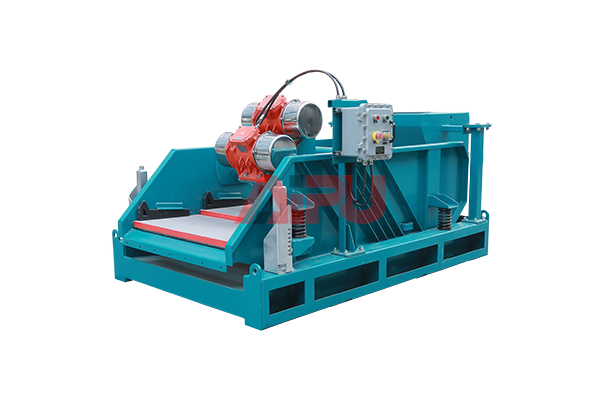Detailed Explanation of the Precautions for Use of Solids Control Equipment
Solids control equipment plays a crucial role in drilling operations, ensuring efficient separation and management of drilling fluids. Proper usage and maintenance are essential to maximize performance and longevity. Here are key precautions to consider when operating solids control equipment.

1. Regular Inspection and Maintenance
Before operation, inspect all components for wear, leaks, or damage. Pay special attention to screens, seals, and motors. Scheduled maintenance prevents unexpected downtime and ensures optimal performance. Replace worn parts promptly to avoid further damage.
2. Proper Installation and Alignment
Incorrect installation can lead to inefficiency or equipment failure. Ensure all units are level and properly aligned. Vibrating screens and centrifuges must be securely mounted to minimize vibrations that could affect performance.
3. Monitor Fluid Properties
Drilling fluid properties directly impact solids control efficiency. Regularly check viscosity, density, and pH levels. Adjust equipment settings accordingly to maintain optimal separation efficiency.
4. Correct Screen Selection
Using the wrong screen mesh size can lead to poor separation or screen blinding. Match screen specifications to the particle size distribution in your drilling fluid. Change screens when they show signs of wear or clogging.
5. Proper Flow Rate Management
Maintain recommended flow rates through the equipment. Excessive flow can overwhelm the system, while insufficient flow reduces separation efficiency. Follow manufacturer guidelines for optimal throughput.
6. Safety Precautions
Always follow lockout/tagout procedures during maintenance. Ensure all guards are in place before operation. Provide proper training for operators on emergency shutdown procedures.
7. Environmental Considerations
Properly contain and dispose of separated solids according to environmental regulations. Implement spill prevention measures and have containment systems in place.
8. Temperature Monitoring
High temperatures can affect equipment performance and component life. Monitor operating temperatures and implement cooling measures when necessary.
9. Lubrication Requirements
Follow manufacturer recommendations for lubrication intervals and use specified lubricants. Proper lubrication reduces wear and extends equipment life.
10. Record Keeping
Maintain detailed records of maintenance, repairs, and performance data. This information helps identify trends and plan preventive maintenance.
If your project requires solids control equipment, choose Aipu Solids Control, it will be your best choice.
